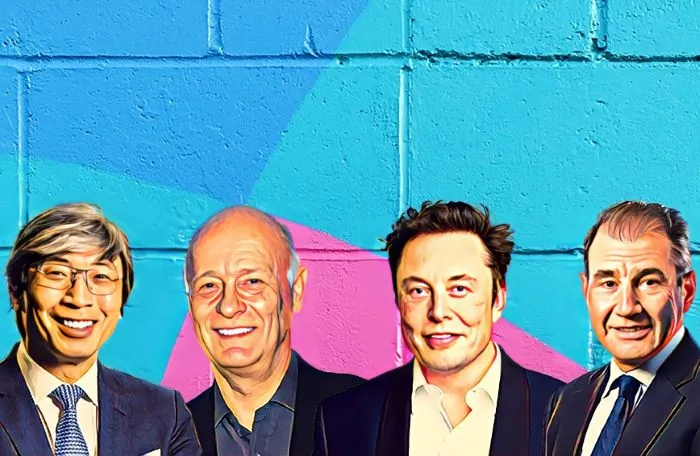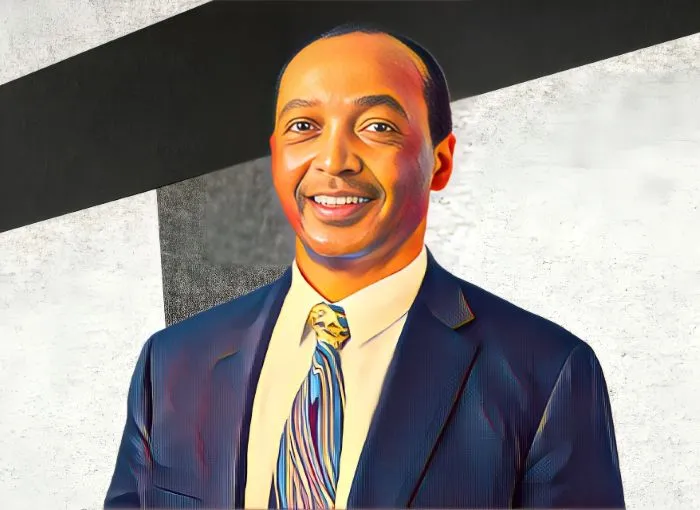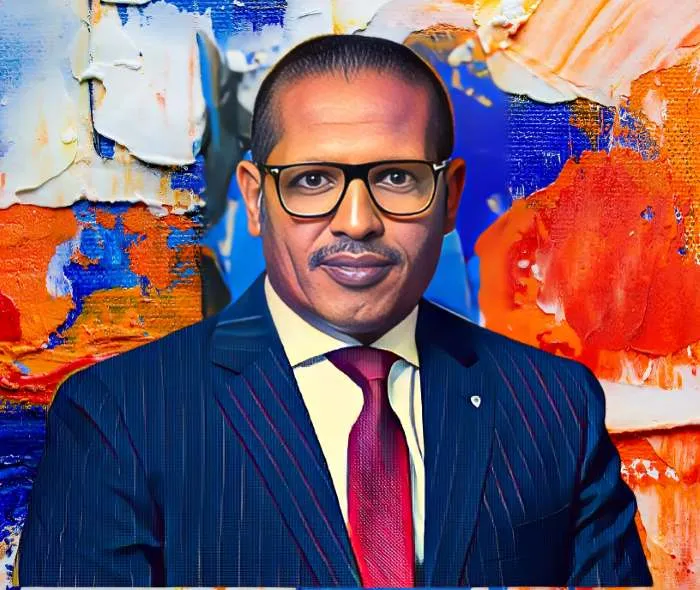Table of Contents
Key Points
- Rodney Sacks transformed Monster from a struggling soda firm into a $57 billion global energy drink powerhouse.
- Monster’s 2002 energy drink launch, followed by Coca-Cola’s $2.15 billion stake, unlocked rapid international expansion into 140+ countries.
- Monster's stock surged over 140,000% from 1999 to 2024, outperforming tech giants like Apple and Amazon.
In the crowded world of consumer beverages, where timing, branding, and smart distribution can make or break a product, Rodney Sacks stands out. The South African-born businessman is the chairman and co-CEO of Monster Beverage Corporation, the company behind the globally recognized Monster Energy drink.
Under his leadership, Monster has grown from a modest juice and soda company into a $57 billion giant. Over the past two decades, its stock has delivered returns that beat even the likes of Apple, Microsoft, and Google.
A South African foundation: From law to leadership
Sacks didn’t start his career in business. Born in Johannesburg in 1949 to a Lithuanian-Jewish family, he studied law at the University of the Witwatersrand, earning a postgraduate diploma in tax law as well. He joined Werksmans Attorneys—South Africa’s largest corporate law firm—where he rose quickly, eventually becoming its youngest-ever partner.
After nearly 20 years in legal practice, Sacks decided to switch gears. In 1989, he and his family moved to California. A year later, he teamed up with fellow South African Hilton Schlosberg to buy a struggling company called Hansen Natural Corporation. The price: $1.71 million, plus $12 million in debt. It was a bold move—one that would change both their lives.
Building monster: A high-stakes bet that paid off
Back then, Hansen Natural was best known for juices and sodas, but it was losing ground in a crowded U.S. beverage market. Sacks and Schlosberg got to work, slowly stabilizing the business. The real turning point came in 2002, when they launched Monster Energy.
It was perfect timing. Energy drinks were gaining popularity, and Sacks saw the opening. Instead of going head-to-head with soda giants, Monster carved out its own space, aligning itself with extreme sports, gaming, and music.
The brand struck a nerve, and sales soared. By 2012, the company officially rebranded to Monster Beverage Corporation, a clear signal that it was no longer just a juice company trying to stay relevant. It had arrived.
One of the biggest leaps came in 2015. Coca-Cola took a 16.7% stake in Monster for $2.15 billion. The deal gave Monster a major boost in cash, but more importantly, it opened the door to Coca-Cola’s vast global distribution network. That helped Monster rapidly expand into over 140 countries.
There was tension a few years later, when Coca-Cola announced plans to launch its own energy drinks. But arbitration cleared the air, and the partnership held. By then, Monster had already established itself as a serious global player, standing tall alongside Red Bull and Rockstar.
Creating unmatched shareholder value
Sacks’ knack for reading the market and adapting quickly paid off in a big way. From 1999 to 2024, Monster’s stock became the best performer on Wall Street. A $10,000 investment in the company would have grown to nearly $14 million, more than what investors earned from tech powerhouse like Apple, Microsoft, and Google.
The company’s meteoric rise made both Sacks and Schlosberg billionaires. As of April 2025, Sacks is worth an estimated $3.4 billion, while Schlosberg is close behind with $2.9 billion.
In 2024, Monster announced that Sacks would be stepping back from day-to-day operations, with Schlosberg taking over as sole CEO in 2025. Sacks remains as chairman, continuing to guide the company’s long-term direction.
A global success story rooted in South African grit
Rodney Sacks’ journey from the boardrooms of Johannesburg to the heights of global business is more than just a story of wealth—it’s about taking risks, trusting instincts, and betting big when others wouldn’t. Alongside Schlosberg, he transformed a small, struggling beverage outfit into one of the world’s most valuable drink brands.
From his early legal career in South Africa to building a beverage empire in California, Sacks’ path is a reminder that great businesses aren’t just built on strategy—they’re built on the courage to reinvent, the foresight to seize opportunities, and the perseverance to keep pushing, even when the odds are long.








